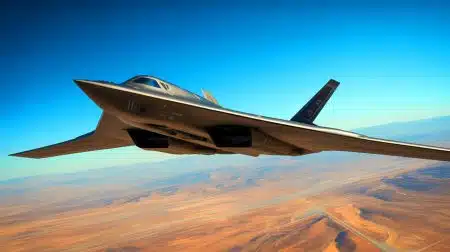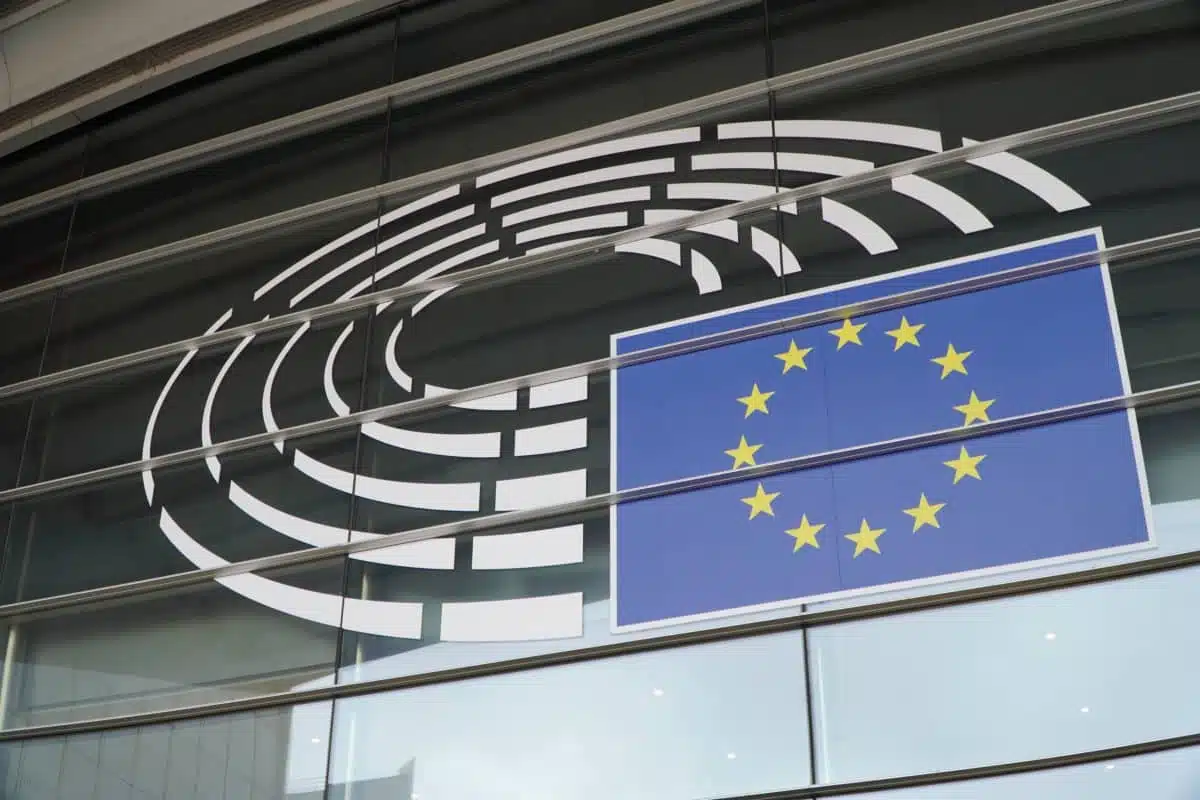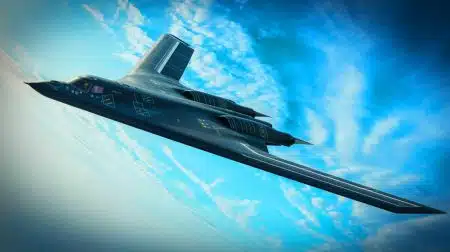European Union – In early January 2023, the EPP leader in the European Parliament, Germany’s Manfred Weber (who has been in conflict with Viktor Orbán since the 2019 European election campaign) and Italian Prime Minister Giorgia Meloni met to discuss a future alliance for the 2024 European elections.
Manfred Weber is currently the leader of the EPP group in the European Parliament, while the MEPs of Fratelli d’Italia sit in the ECR group (together with, among others, PiS MEPs from Poland and Vox MEPs from Spain).
Weber’s goal could be to build new alliances in the wake of the Socialist S&D Group’s difficulties, linked to the Qatari corruption scandal that has hit former European Parliament Vice-President Eva Kaili. Manfred Weber had ambitions to become head of the European Commission in 2019, but it was Ursula von der Leyden who was eventually elected.
Weber and Meloni now seem to share the same objective, that is, to find an alternative to the traditional coalition between the EPP and the Socialist Group in the European Parliament.
The European Parliament has 704 members (353 members are needed for a majority), who are divided into seven groups (a minimum of 25 members from seven different countries is required to form a group):
- PPE: 176 (the group is led by Manfred Weber and includes Forza Italia MEPs)
- S&D: 142
- Renew: 102
- Greens/EFA: 71
- ID: 64 (including MEPs from Matteo Salvini’s Lega)
- CRE: 63 (including MEPs from Meloni’s Fratelli d’Italia)
- Left: 38
- Non-attached Members: 48 (including the 12 Fidesz MEPs)
The ECR group could likely be strengthened after the next elections to the European Parliament in 2024. Meanwhile, the EPP has plummeted in recent elections and, if this downward trend is continued, it will need an alliance to try to retain the most important positions in EU institutions without having to cede too much to the Socialists, Renew or the Greens. Moreover, if Manfred Weber has personal ambitions for 2024, he will certainly need the support of the Italian Right’s MEPs, hence his support for the centre-right coalition in Italy despite internal criticism from the German CDU-CSU. During the Italian election campaign, he lent his support to Forza Italia (Silvio Berlusconi’s party), arguing that a stronger presence of Forza Italia in the coming governing coalition would make Italy’s government more pro-EU.
Weber’s support for the Italian right-wing coalition caused a strong reaction, with some CDU-CSU MEPs asking for Forza Italia’s exclusion from the EPP if Berlusconi’s party were to join Meloni’s government. However, in spite of those threats, such an eviction did not take place.
The right-wing coalition won the September 2022 legislative elections in Italy, with a total of 237 seats out of 400 in the Chamber of Deputies. Within this coalition, 119 seats went to Meloni’s Fratelli d’Italia, 66 to Salvini’s Lega, and 45 to Berlusconi’s Forza Italia, with Noi moderati, the fourth coalition partner, obtaining 7 seats.
While it may seem otherwise, there are many factors that bring Weber and Meloni together, starting with their fully Atlanticist geopolitical positioning (which, in turn, strongly differentiates Italy’s Meloni from Hungary’s Orbán, in spite of their similarities on other topics). For example, immediately after her election victory, Giorgia Meloni had a public exchange on Twitter with Ukrainian President Volodymyr Zelensky.
It should be noted, and this is not without significance at this level of office, that Zelensky took the trouble to write Giorgia Meloni a message of congratulations in Italian, and she replied in English.
The appointment of Antonio Tajani as foreign affairs minister has also consolidated the Meloni government’s Atlanticist position, making us forget the pictures of Matteo Salvini hanging around in Moscow with a T-shirt portraying Russian President Vladimir Putin.
Furthermore, in November 2022, all Italian MEPs from the government coalition parties (Fratelli d’Italia, Lega, and Forza Italia) voted in favour of the European Parliament’s resolution that declared Russia a state sponsor of terrorism.
By way of comparison, the twelve Fidesz MEPs did not take part in the vote (according to reports, they were present and simply did not press any voting buttons), while KDNP MEP György Hölvényi, who is still in the EPP group in spite of the KDNP being a Fidesz coalition partner in Hungary, abstained.
Apart from some strong declarations, and the decision to allow medical staff who are not vaccinated against Covid to come back to work, as of now Giorgia Meloni has deviated very little from the policies of her predecessors: migrant ships continue to arrive (even if with some additional difficulties), the economic roadmaps drafted in Berlin and Brussels are followed, and geopolitical Atlanticism in the context of the Russian–Ukrainian conflict is still in force.
In spite of this, the CDU-CSU does not seem very enthusiastic about the prospect of allying with Meloni. German MPs Jürgen Hardt and Alexander Dobrindt have publicly criticized Manfred Weber’s strategy. They have mentioned in particular the fact that one of Meloni’s government coalition partners, the Lega, is allied with the AfD in the ID group.
A member of the Fratelli d’Italia delegation immediately replied that Giorgia Meloni’s party had never been associated with the German AfD.
The idea of EPP-ECR cooperation will also face another major difficulty: the presence of the Polish government party PiS in the ECR group and that of Polish opposition PO MEPs in the EPP group.
Still, Fratelli d’Italia MEPs nurture the hope that such an alliance will be possible in 2024. Vincenzo Sofo (who was elected as a Lega MEP in 2019 and switched to Fratelli d’Italia in early 2021, and is also known for being the husband of Marine Le Pen’s niece Marion Maréchal) told Euractiv that the model of the Italian coalition government could be replicated in Brussels after the next elections.
The game of European alliances for the May 2024 elections has already begun. It is not clear, however, that an EPP-ECR alliance will bring significant changes to EU politics compared with the current coalitions. The integration of ECR MEPs into the European political mainstream would perhaps even consolidate the European edifice, which – despite the numerous criticisms it has received – does not yet seem to have an opposition capable of turning the tables.
Did you like it? 4.7/5 (20)








Wow, this could really shift the balance of power in the EU! 🚀
Are Weber and Meloni really on the same page, or is this just a marriage of convenience?
Great article! Thanks for the detailed explanation of the political landscape. 👍
Interesting read, but what about the potential impact on EU policies? 🤔
Does anyone else think this coalition sounds like an awkward dinner party?
Weber’s ambitions are clear, but is Meloni just using him for her own gain?
The CDU-CSU’s skepticism is understandable. Would you trust this coalition?
Why is there so much focus on Italy’s role in this coalition?
Meloni and Weber teaming up? This could be the next political soap opera. 🎭
Can someone explain how this coalition might affect EU’s stance on Russia?
Weber’s been ambitious since 2019. Will this finally be his year?